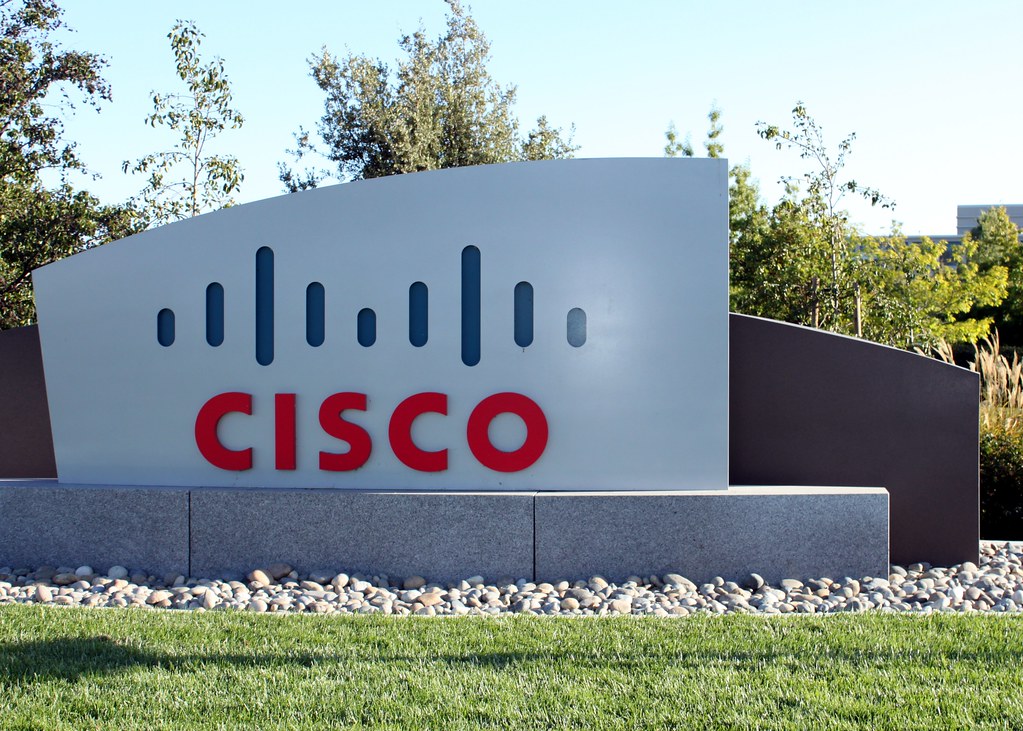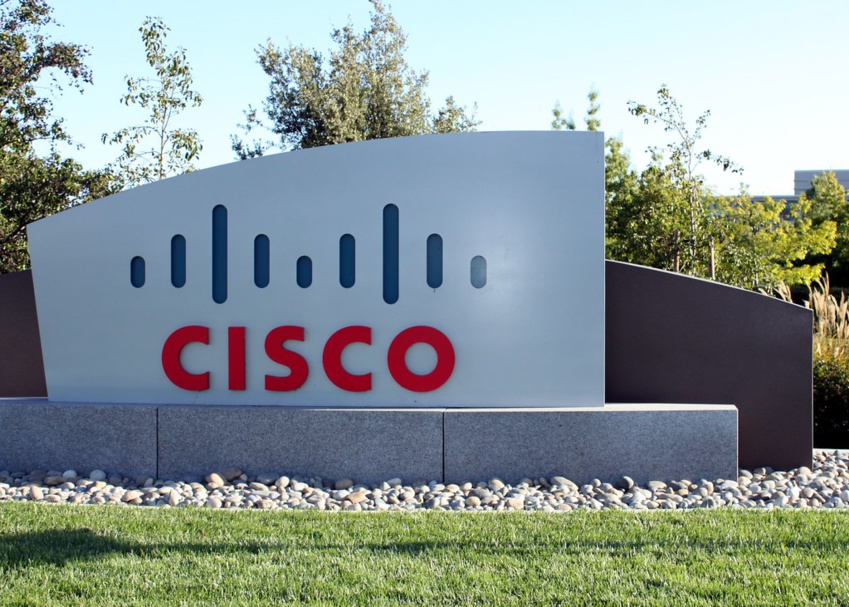Enterprises play a vital role in addressing the contemporary and future challenges posed by climate change, employing initiatives and innovations to foster a sustainable trajectory. Particularly, technology firms hold significant potential in mitigating global emissions.
A 2023 World Economic Forum (WEF) report underscores this potential, suggesting that the integration of digital technology solutions across various sectors could potentially curtail global greenhouse gas (GHG) emissions by 6–20 percent by 2030, contingent upon different modeling scenarios and sectors considered. Moreover, beyond the scope of innovation, there exists mounting pressure from investors, consumers, and employees for firms to enact environmental measures while maintaining transparency in reporting their progress.
Regulatory bodies globally are increasingly mandating such reporting. The WEF emphasizes that contemporary stakeholders are pushing for organizations to surpass conventional expectations, envision improved business practices, address environmental, social, and governance (ESG) concerns, and establish and disclose sustainability objectives and advancements.
Environmental reporting serves as a pivotal aspect of this journey, enabling companies to divulge their environmental footprint and advancements toward sustainability to stakeholders. According to the Governance and Accounting Institute (G&A), 98% of companies within the top half of the Russell 1000 by market capitalization published sustainability reports in 2022. Establishing transparent public goals, evaluating progress against these goals, and reporting on such progress is increasingly considered a best practice and regulatory necessity. Not only does reporting enhance transparency and confidence but it also fosters the dissemination of best practices and collaboration, showcasing a proactive stance towards sustainability.
Shifts in environmental reporting practices have been evident in recent years. While many companies have traditionally engaged in voluntary reporting on their environmental performance and progress towards goals, there's been a transition towards mandatory reporting. This shift is fueled by the necessity for comparability, accountability, and the provision of verifiable and auditable data and progress across different companies.
For instance, within the European Union, the Corporate Sustainability Reporting Directive (CSRD) updates and reinforces existing regulations concerning the social and environmental disclosures that companies must make. The CSRD's objective is to ensure that investors and other stakeholders can access necessary information to evaluate companies' impacts on society and the environment, as well as to enable investors to gauge financial risks and opportunities stemming from climate change and other sustainability issues. A wider range of companies will now be obligated to disclose sustainability information, and those subject to the CSRD will need to adhere to European Sustainability Reporting Standards (ESRS).
Regulatory frameworks mandating sustainability reporting are still evolving in numerous regions worldwide. For instance, in the United States, the U.S. Securities and Exchange Commission (SEC) recently finalized a rule to improve and standardize climate-related disclosures by public companies and in public offerings. Moreover, various jurisdictions globally are actively pursuing or contemplating adoption pathways toward the compulsory application of International Sustainability Standards Board (ISSB) IFRS® Sustainability Disclosure Standards (SDS).
Given the urgency of climate change and its associated risks, many companies acknowledge the significance of sustainability endeavors and transparent reporting, irrespective of mandatory regulatory requirements. According to the WEF Global Risks Report, extreme weather events are deemed by two-thirds of respondents as the foremost risk likely to trigger a significant crisis on a global scale in 2024.
The Future of Environmental Reporting
As advancements unfold in addressing climate challenges, there's also an opportunity to innovate how environmental reporting is approached.
Utilizing scenario modeling can enhance the quality of environmental reporting by providing insights into potential future environmental impacts, risks, and opportunities, such as climate change projections, regulatory shifts, and technological advancements.
Transition plans aid companies in understanding how they plan to adapt their operations, practices, or business models to tackle environmental challenges. Robust scenario modeling enables the projection of future performance against a defined baseline, guiding the development of strategies and actions. Moreover, these scenarios facilitate understanding and adjustments based on the latest climate science.
The complexity of the questionnaires and methodologies utilized by rating organizations (such as CDP) to evaluate companies is increasing. Reporting into these detailed frameworks necessitates reliable data and estimations, underscoring the importance of collaborative efforts with customers, suppliers, and other partners to gather high-quality data.
How Cisco Approaches Environmental Reporting
Cisco has a lengthy track record of engaging in voluntary sustainability reporting, and we are dedicated to maintaining transparency by continuing to share our progress in an authentic manner. To uphold transparency, we release an annual Purpose Report and maintain an ESG Reporting Hub. The Purpose Report outlines our commitments, objectives, advancements, and impacts regarding ESG (Environmental, Social, and Governance) topics deemed significant by our stakeholders from our most recent fiscal year. The ESG Reporting Hub provides comprehensive information and historical data on all reporting subjects.
In line with our commitment to environmental responsibility, Cisco has set a 2040 net-zero target and established near- and long-term objectives, all of which have been endorsed by the Science Based Targets initiative (SBTi) under its Net-Zero Standard. This standard is the first of its kind globally, aligning corporate net-zero target setting with climate science. This initiative builds upon our track record of setting meaningful goals, monitoring our progress and influence, and transparently reporting on them.
Cisco holds a position of trust within the IT sector, and we are steadfast in preserving that trust in our environmental reporting practices. Recognizing that the quality of reporting hinges on a collaborative effort across the value chain to gather reliable data and estimates, we endeavor to encourage our customers, suppliers, and partners to embrace robust reporting practices. For instance, we expect our suppliers to annually report GHG emissions and energy consumption to CDP, a nonprofit organization overseeing a global disclosure system. We understand that meaningful change for the health of our planet and future generations necessitates collective action. Similarly, a shared emphasis on clear and precise reporting will aid in guiding our collective endeavors and assessing the progress we are collectively achieving for the betterment of the planet.
A 2023 World Economic Forum (WEF) report underscores this potential, suggesting that the integration of digital technology solutions across various sectors could potentially curtail global greenhouse gas (GHG) emissions by 6–20 percent by 2030, contingent upon different modeling scenarios and sectors considered. Moreover, beyond the scope of innovation, there exists mounting pressure from investors, consumers, and employees for firms to enact environmental measures while maintaining transparency in reporting their progress.
Regulatory bodies globally are increasingly mandating such reporting. The WEF emphasizes that contemporary stakeholders are pushing for organizations to surpass conventional expectations, envision improved business practices, address environmental, social, and governance (ESG) concerns, and establish and disclose sustainability objectives and advancements.
Environmental reporting serves as a pivotal aspect of this journey, enabling companies to divulge their environmental footprint and advancements toward sustainability to stakeholders. According to the Governance and Accounting Institute (G&A), 98% of companies within the top half of the Russell 1000 by market capitalization published sustainability reports in 2022. Establishing transparent public goals, evaluating progress against these goals, and reporting on such progress is increasingly considered a best practice and regulatory necessity. Not only does reporting enhance transparency and confidence but it also fosters the dissemination of best practices and collaboration, showcasing a proactive stance towards sustainability.
Shifts in environmental reporting practices have been evident in recent years. While many companies have traditionally engaged in voluntary reporting on their environmental performance and progress towards goals, there's been a transition towards mandatory reporting. This shift is fueled by the necessity for comparability, accountability, and the provision of verifiable and auditable data and progress across different companies.
For instance, within the European Union, the Corporate Sustainability Reporting Directive (CSRD) updates and reinforces existing regulations concerning the social and environmental disclosures that companies must make. The CSRD's objective is to ensure that investors and other stakeholders can access necessary information to evaluate companies' impacts on society and the environment, as well as to enable investors to gauge financial risks and opportunities stemming from climate change and other sustainability issues. A wider range of companies will now be obligated to disclose sustainability information, and those subject to the CSRD will need to adhere to European Sustainability Reporting Standards (ESRS).
Regulatory frameworks mandating sustainability reporting are still evolving in numerous regions worldwide. For instance, in the United States, the U.S. Securities and Exchange Commission (SEC) recently finalized a rule to improve and standardize climate-related disclosures by public companies and in public offerings. Moreover, various jurisdictions globally are actively pursuing or contemplating adoption pathways toward the compulsory application of International Sustainability Standards Board (ISSB) IFRS® Sustainability Disclosure Standards (SDS).
Given the urgency of climate change and its associated risks, many companies acknowledge the significance of sustainability endeavors and transparent reporting, irrespective of mandatory regulatory requirements. According to the WEF Global Risks Report, extreme weather events are deemed by two-thirds of respondents as the foremost risk likely to trigger a significant crisis on a global scale in 2024.
The Future of Environmental Reporting
As advancements unfold in addressing climate challenges, there's also an opportunity to innovate how environmental reporting is approached.
Utilizing scenario modeling can enhance the quality of environmental reporting by providing insights into potential future environmental impacts, risks, and opportunities, such as climate change projections, regulatory shifts, and technological advancements.
Transition plans aid companies in understanding how they plan to adapt their operations, practices, or business models to tackle environmental challenges. Robust scenario modeling enables the projection of future performance against a defined baseline, guiding the development of strategies and actions. Moreover, these scenarios facilitate understanding and adjustments based on the latest climate science.
The complexity of the questionnaires and methodologies utilized by rating organizations (such as CDP) to evaluate companies is increasing. Reporting into these detailed frameworks necessitates reliable data and estimations, underscoring the importance of collaborative efforts with customers, suppliers, and other partners to gather high-quality data.
How Cisco Approaches Environmental Reporting
Cisco has a lengthy track record of engaging in voluntary sustainability reporting, and we are dedicated to maintaining transparency by continuing to share our progress in an authentic manner. To uphold transparency, we release an annual Purpose Report and maintain an ESG Reporting Hub. The Purpose Report outlines our commitments, objectives, advancements, and impacts regarding ESG (Environmental, Social, and Governance) topics deemed significant by our stakeholders from our most recent fiscal year. The ESG Reporting Hub provides comprehensive information and historical data on all reporting subjects.
In line with our commitment to environmental responsibility, Cisco has set a 2040 net-zero target and established near- and long-term objectives, all of which have been endorsed by the Science Based Targets initiative (SBTi) under its Net-Zero Standard. This standard is the first of its kind globally, aligning corporate net-zero target setting with climate science. This initiative builds upon our track record of setting meaningful goals, monitoring our progress and influence, and transparently reporting on them.
Cisco holds a position of trust within the IT sector, and we are steadfast in preserving that trust in our environmental reporting practices. Recognizing that the quality of reporting hinges on a collaborative effort across the value chain to gather reliable data and estimates, we endeavor to encourage our customers, suppliers, and partners to embrace robust reporting practices. For instance, we expect our suppliers to annually report GHG emissions and energy consumption to CDP, a nonprofit organization overseeing a global disclosure system. We understand that meaningful change for the health of our planet and future generations necessitates collective action. Similarly, a shared emphasis on clear and precise reporting will aid in guiding our collective endeavors and assessing the progress we are collectively achieving for the betterment of the planet.


 Cisco's Environmental Reporting: Transparency, Targets, and Collective Action
Cisco's Environmental Reporting: Transparency, Targets, and Collective Action





 Companies
Companies